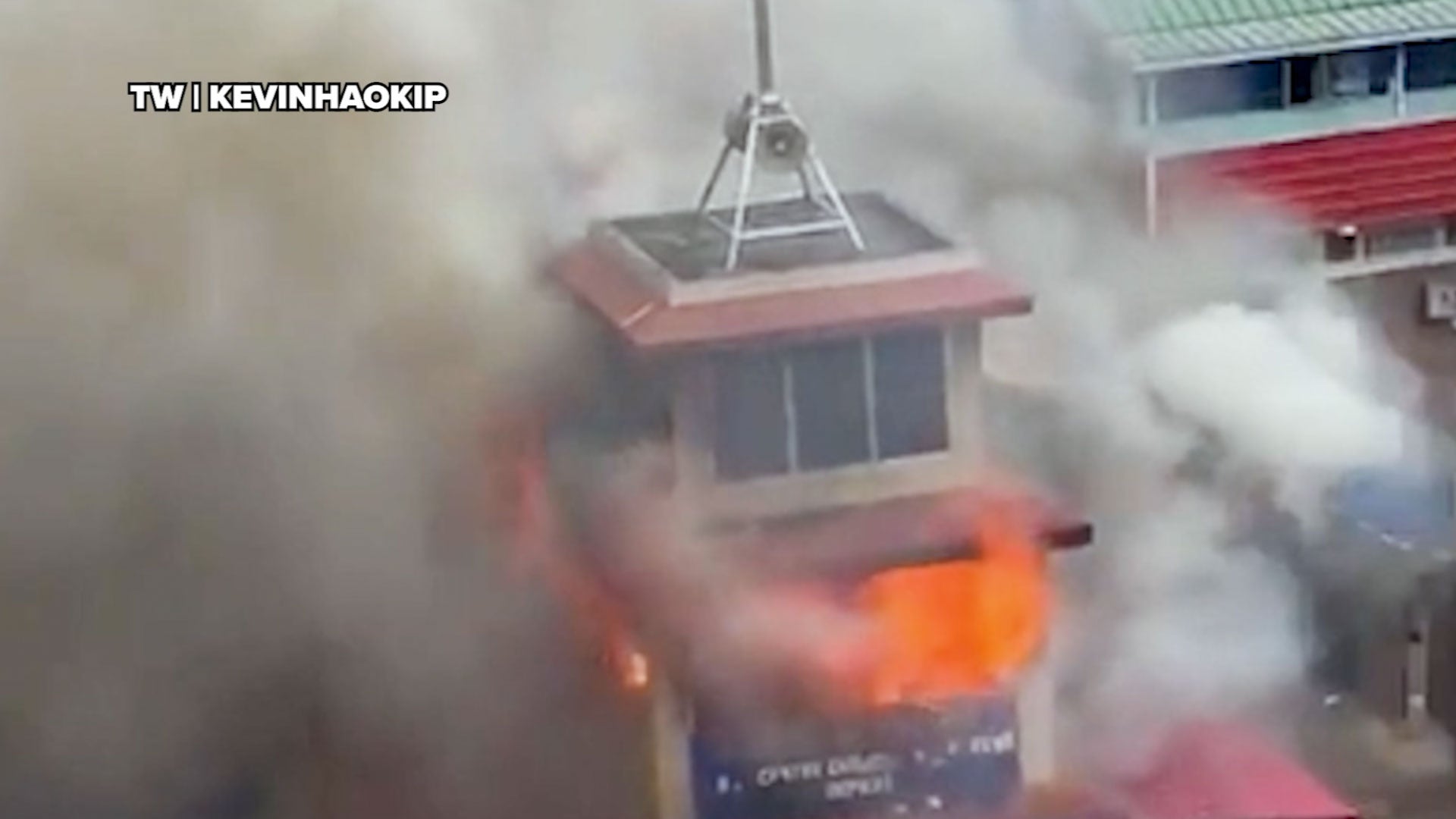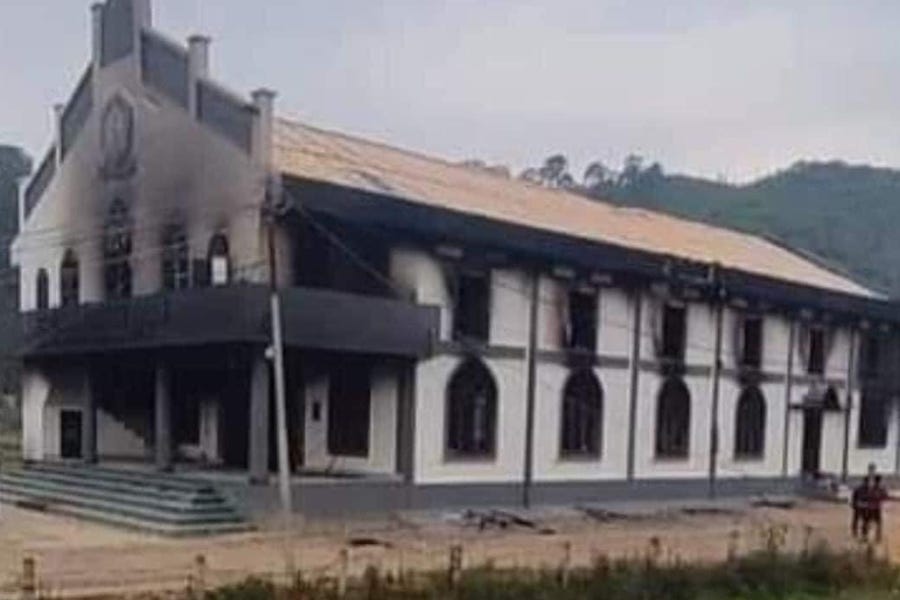Kingdom come
FULL MEMBER

- Joined
- Jun 15, 2021
- Messages
- 1,008
- Reaction score
- -3
- Country
- Location
the blasphemy law, carries what is effectively a mandatory death sentence. The Center for Social Justice, a Pakistani advocacy group, has reported that at least 1,472 people were charged under the blasphemy provisions from 1987 to 2016. Although there have been no executions, several people convicted of blasphemy are currently on death row, while many others are serving life sentences for related offenses.
Pakistan’s blasphemy law is largely used against members of religious minorities, while the authorities rarely bring charges against those responsible for attacks on people accused of blasphemy. The law is also often manipulated to settle personal disputes. In 2014, the Pakistan Supreme Court said: “The majority of blasphemy cases are based on false accusations stemming from property issues or other personal or family vendettas rather than genuine instances of blasphemy and they inevitably lead to mob violence against the entire community.”
Concerned governments and intergovernmental bodies should press the Pakistani government to reform or repeal laws that discriminate against religious minorities, including the blasphemy law, Human Rights Watch said.
Pakistani blasphemy and anti-Ahmadiyya laws violate Pakistan’s international legal obligations under the International Covenant on Civil and Political Rights, including the rights to freedom of conscience, religion, expression, and association, and to profess and practice one’s own religion. Pakistan ratified the covenant in 2010.
“The Pakistan government’s indifference to the abuses under the blasphemy law and the violence it provokes is discriminatory and violates the rights to fundamental freedoms,” Gossman said. “The authorities’ failure to hold those responsible for violence against religious minorities to account only encourages extremists and reinforces fear and insecurity among all religious minorities.”
Pakistan’s blasphemy law is largely used against members of religious minorities, while the authorities rarely bring charges against those responsible for attacks on people accused of blasphemy. The law is also often manipulated to settle personal disputes. In 2014, the Pakistan Supreme Court said: “The majority of blasphemy cases are based on false accusations stemming from property issues or other personal or family vendettas rather than genuine instances of blasphemy and they inevitably lead to mob violence against the entire community.”
Concerned governments and intergovernmental bodies should press the Pakistani government to reform or repeal laws that discriminate against religious minorities, including the blasphemy law, Human Rights Watch said.
Pakistani blasphemy and anti-Ahmadiyya laws violate Pakistan’s international legal obligations under the International Covenant on Civil and Political Rights, including the rights to freedom of conscience, religion, expression, and association, and to profess and practice one’s own religion. Pakistan ratified the covenant in 2010.
“The Pakistan government’s indifference to the abuses under the blasphemy law and the violence it provokes is discriminatory and violates the rights to fundamental freedoms,” Gossman said. “The authorities’ failure to hold those responsible for violence against religious minorities to account only encourages extremists and reinforces fear and insecurity among all religious minorities.”





